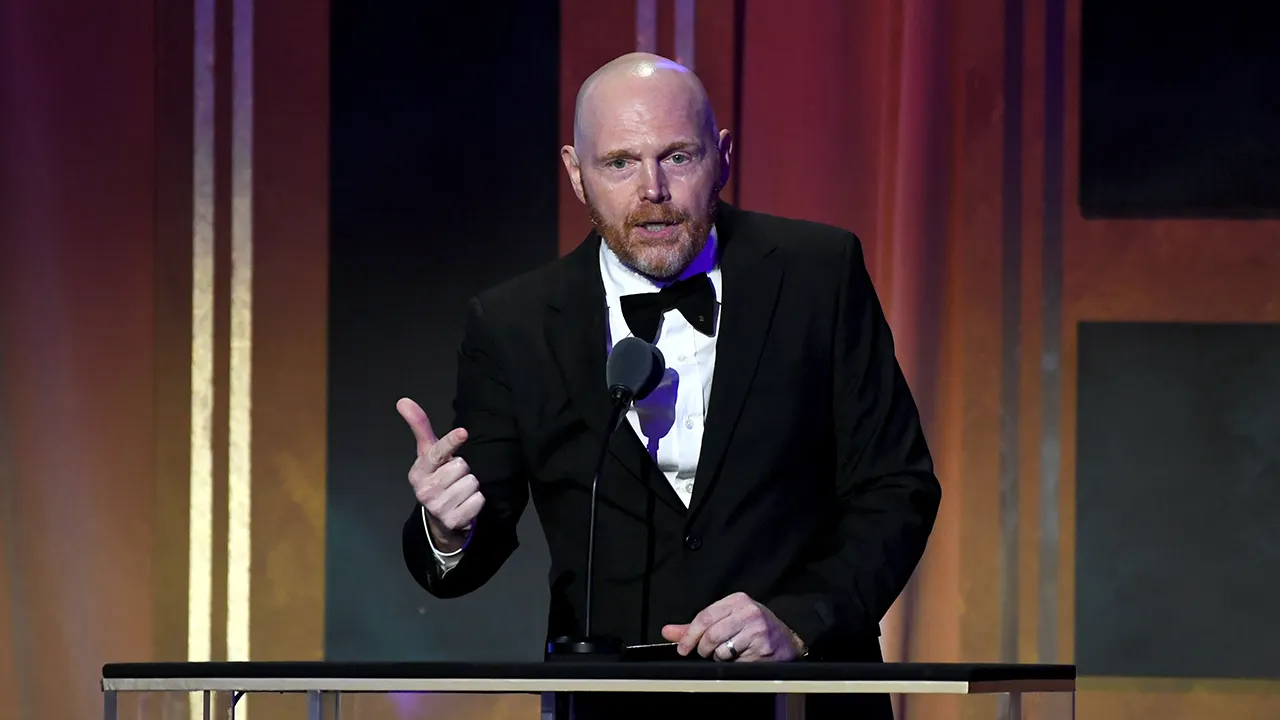Unpacking Bill Burr’s Bold Critique of Liberal Politics and Hollywood
In recent years, the landscape of political discourse has become increasingly polarized, with comedians like Bill Burr stepping into the fray to offer their unique perspectives. Burr’s recent commentary serves as a bold critique of liberal politics and the intricate dance that Hollywood performs when it comes to race and political narratives. His candid observations challenge not only the effectiveness of Democratic leadership but also the authenticity of the cultural narratives being portrayed in popular media.
The Essence of Burr’s Critique
Bill Burr, known for his unfiltered style and sharp wit, has never shied away from controversial topics. In his latest commentary, he directly addresses the shortcomings he sees in liberal ideologies, particularly focusing on the Democratic Party’s approach to governance and social issues. Burr’s critique can be distilled into several key points:
- Perceived Ineffectiveness: Burr suggests that Democratic leaders often fail to deliver on their promises, leading to frustration among their base.
- Hollywood’s Role: He argues that Hollywood’s portrayal of racial and political issues is often superficial and fails to address the complexities of these topics.
- Call for Authenticity: Burr advocates for a more honest and direct approach to discussing race and politics, rather than relying on clichés and platitudes.
Democratic Leadership Under Fire
Burr’s critique of Democratic leadership centers around the notion that the party often lacks the resolve to enact meaningful change. For many, the expectation is that elected officials will not only advocate for progressive policies but also actively work to implement them. However, Burr points out a disconnect between rhetoric and action. He emphasizes that this gap leaves many constituents feeling disillusioned.
In a political climate where bold action is often necessary, Burr’s observations highlight the urgency for leaders to step up. He believes that when leaders fail to follow through on their promises, they not only undermine their credibility but also contribute to a growing sense of apathy among voters. This sentiment resonates with many, particularly younger voters who are increasingly frustrated by a perceived lack of agency in the political process.
Hollywood’s Complex Relationship with Race
Another significant aspect of Burr’s commentary revolves around Hollywood’s portrayal of race. He critiques the entertainment industry for producing content that often simplifies or caricatures racial issues rather than engaging with them authentically. Burr argues that this superficial treatment can perpetuate stereotypes and fails to foster a genuine understanding of the complexities surrounding race relations.
For instance, many films and television shows tackle racial themes but do so in a way that can be perceived as performative. Burr suggests that while these narratives may aim to promote inclusivity, they often fall short of addressing the underlying social structures that contribute to racial disparities. This observation invites a broader conversation about how media can influence public perception and understanding of race.
The Impact of Comedy in Political Discourse
One of the most powerful tools comedians like Bill Burr possess is their ability to provoke thought and encourage dialogue through humor. Comedy has long been a platform for social commentary, allowing audiences to engage with difficult topics in a more approachable manner. Burr’s bold critique serves as a reminder of comedy’s potential to challenge the status quo and spark important conversations about politics and society.
By tackling sensitive subjects with humor, Burr invites listeners to reconsider their own views and the narratives they consume. His critique of liberal politics and Hollywood can be seen as an encouragement for audiences to think critically about the messages they receive and the implications of those messages in shaping societal attitudes.
Encouraging Authentic Conversations
As Burr’s commentary resonates with many, it opens the door for more authentic discussions about race and politics. His call for honesty in the portrayal of these issues is vital in a time when audiences are craving genuine representation. People are increasingly aware of the complexities surrounding social issues, and they seek narratives that reflect those complexities rather than simplistic portrayals.
In this context, creators in Hollywood are presented with an opportunity to step away from formulaic storytelling and embrace more nuanced narratives. By doing so, they can contribute to a richer cultural dialogue that fosters understanding and empathy among diverse audiences. Burr’s critique serves as both a challenge and an invitation for artists and politicians alike to strive for authenticity in their work.
Conclusion: A Path Forward
Bill Burr’s bold critique of liberal politics and Hollywood is a clarion call for introspection within both the political sphere and the entertainment industry. By highlighting the perceived ineffectiveness of Democratic leadership and the superficiality of Hollywood narratives, Burr encourages a reevaluation of the stories we tell and the leaders we support.
As society navigates complex social issues, it becomes increasingly important for individuals—be they politicians, artists, or citizens—to engage in authentic conversations that reflect the realities of our world. Burr’s observations remind us that humor can be a powerful catalyst for change, encouraging us to question the narratives shaping our cultural landscape. Ultimately, by embracing authenticity and striving for meaningful dialogue, we can foster a more inclusive and understanding society.
See more CNET Live

